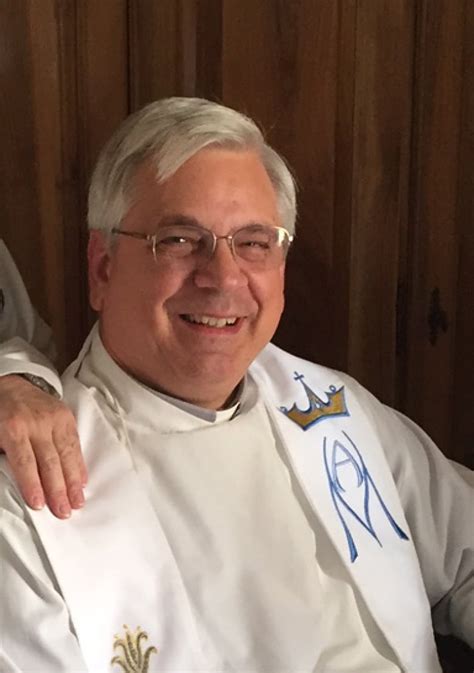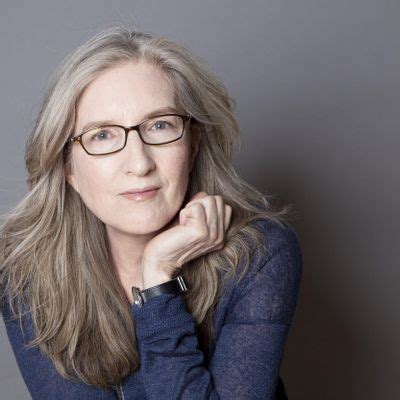A Quote by Michael Ondaatje
I want to die on your chest but not yet she wrote sometime in the 13th century of our love
Related Quotes
She made a sound of regret. ‘We come second, you and I, Luc-ien,’ she said. ‘Our allegiance is always to our kingdoms. Without that allegiance, our people would fall.’ She placed her head back against his chest and he felt her tears. ‘This is not our time.’ ‘But that will never mean I love you less,’ he said.
Life is a book, and there are a thousand pages I have not read. I would read them together with you, as many as I can, before I die -" She put her hand against his chest, just over his heart, and felt its beat against her palm, a unique time signature that was all its own. "I only wish you would not speak of dying," she said. "But even for that, yes, I know how you are with your words, and, Will- I love all of them. Every word you say. The silly ones, the mad ones, the beautiful ones, and the ones that are only for me. I love them, and I love you.
The tendency in our spiritual life but also our more general attitude toward love is that our feelings are all that is going on. And so to us the totality of love is what we feel. But to really love someone requires commitment, fidelity and vulnerability. Mother Teresa wasn't "feeling" Christ's love, and she could have shut down. But she was up at 4:30 every morning for Jesus, and still writing to him, "Your happiness is all I want."
One day I wrote her name upon the strand, But came the waves and washèd it away: Again I wrote it with a second hand, But came the tide and made my pains his prey. Vain man (said she) that dost in vain assay A mortal thing so to immortalise; For I myself shall like to this decay, And eke my name be wipèd out likewise. Not so (quod I); let baser things devise To die in dust, but you shall live by fame; My verse your virtues rare shall eternise, And in the heavens write your glorious name: Where, when as Death shall all the world subdue, Our love shall live, and later life renew.
I don't want to die in pain or in an undignified way, I don't want any of the people I love to die in, die painfully. But I'm aware of the fact that they may die before I do and I have to part with them and take the loss. The hardest thing of love is to let go. But I think I can get let go of almost anybody.
The presence of industrial quantities of Byzantine pottery dating from the sixth century AD on the headland at Tintagel, Chinese silk in the tombs around Mecca and 'Arabic' numerals in the 13th-century beams of Salisbury Cathedral tell us we have been interdependent not for decades but across millennia.





































